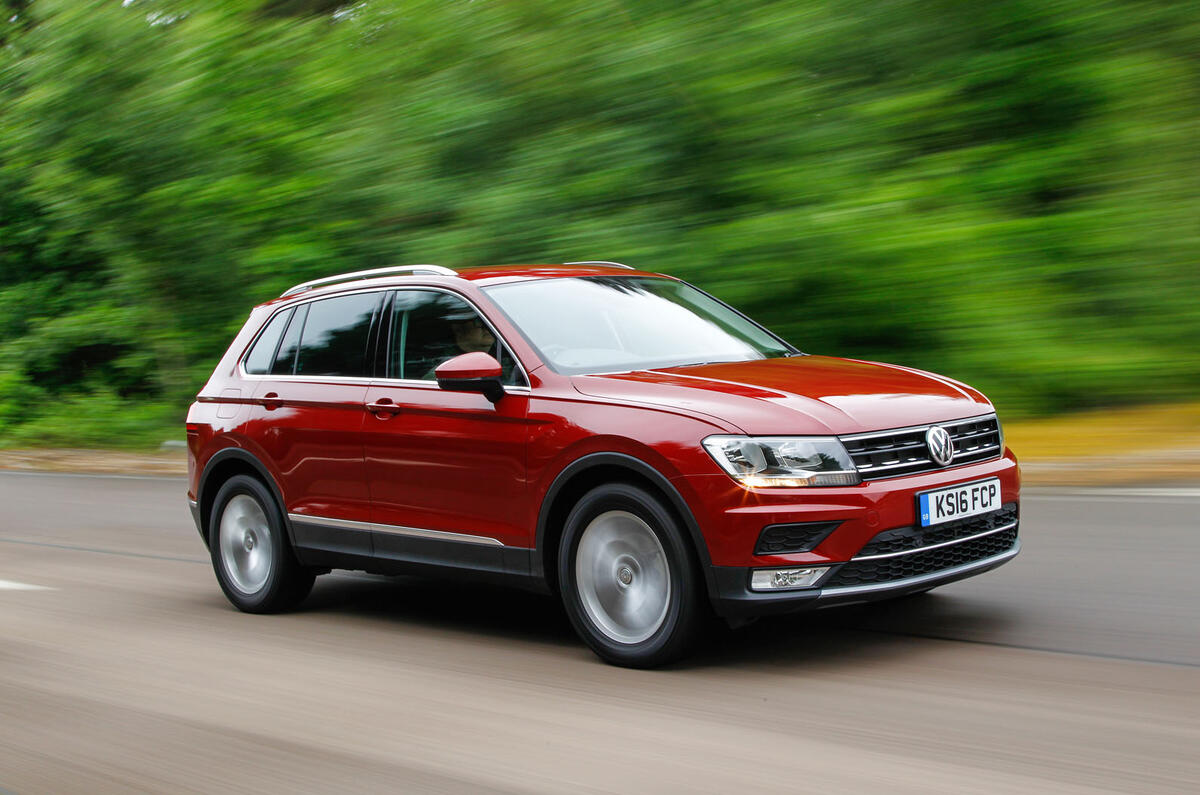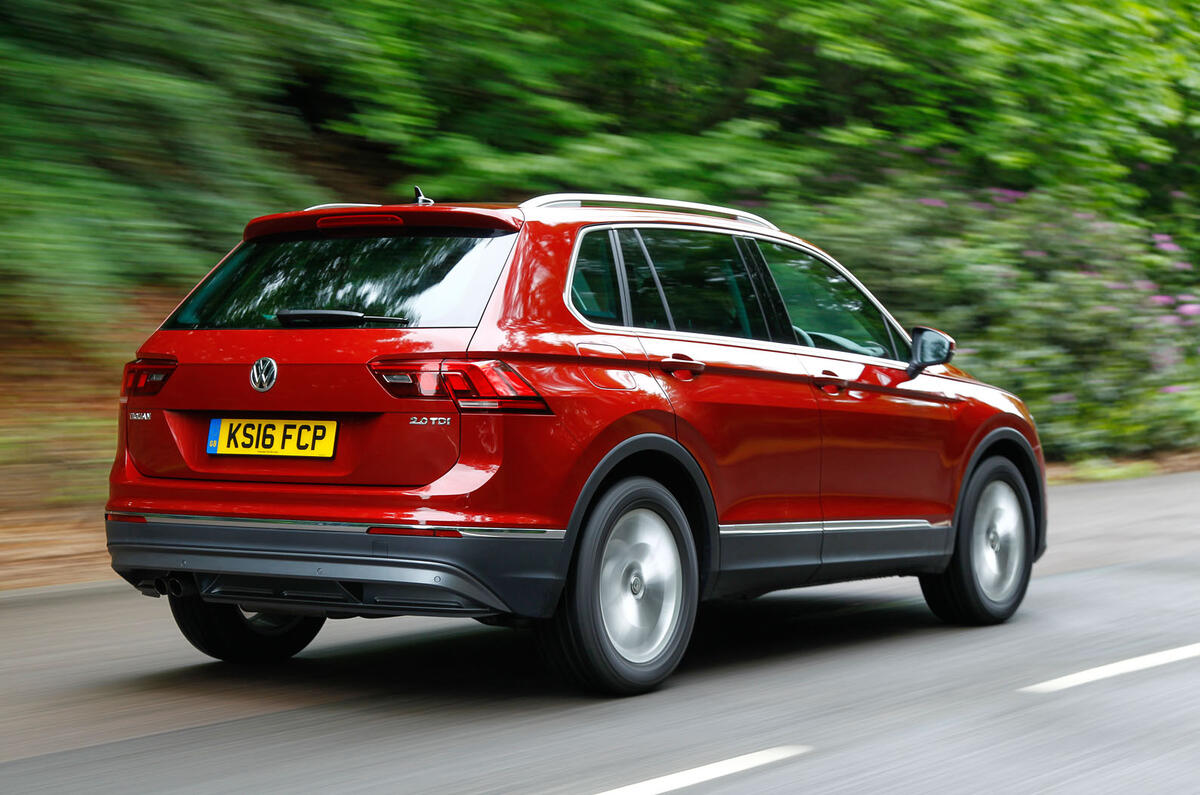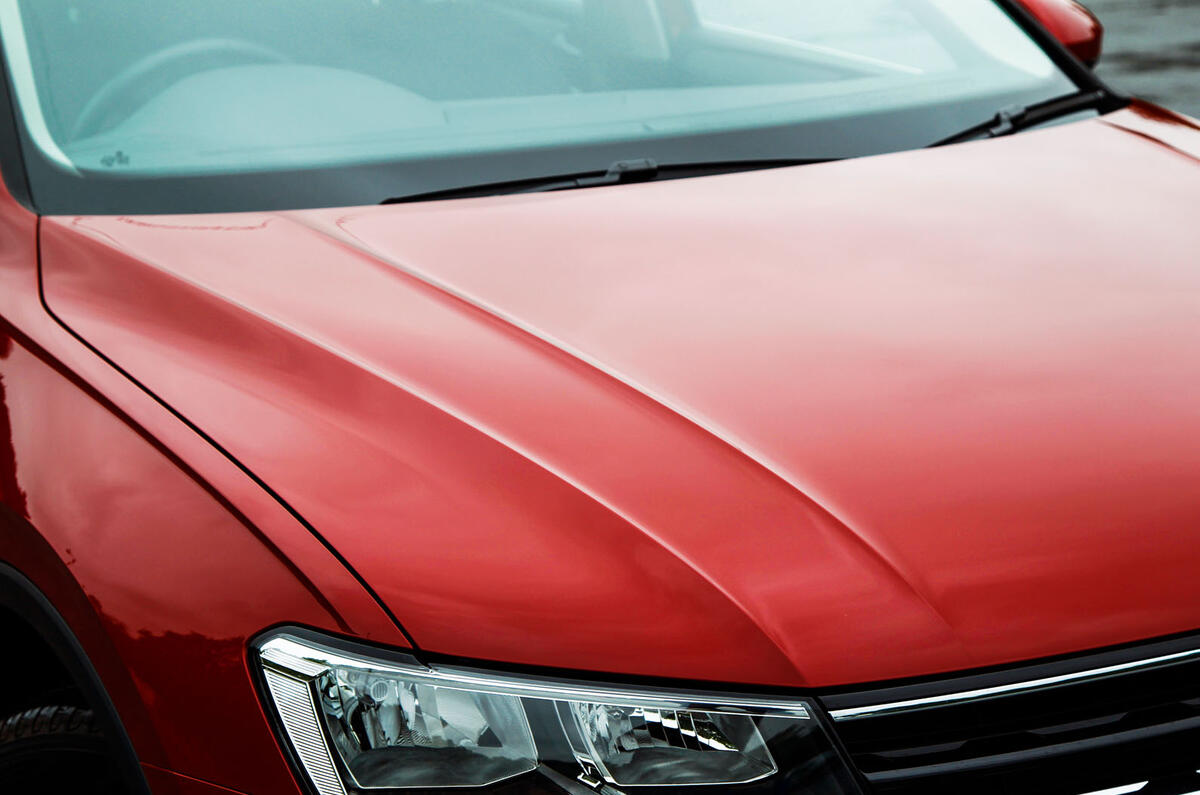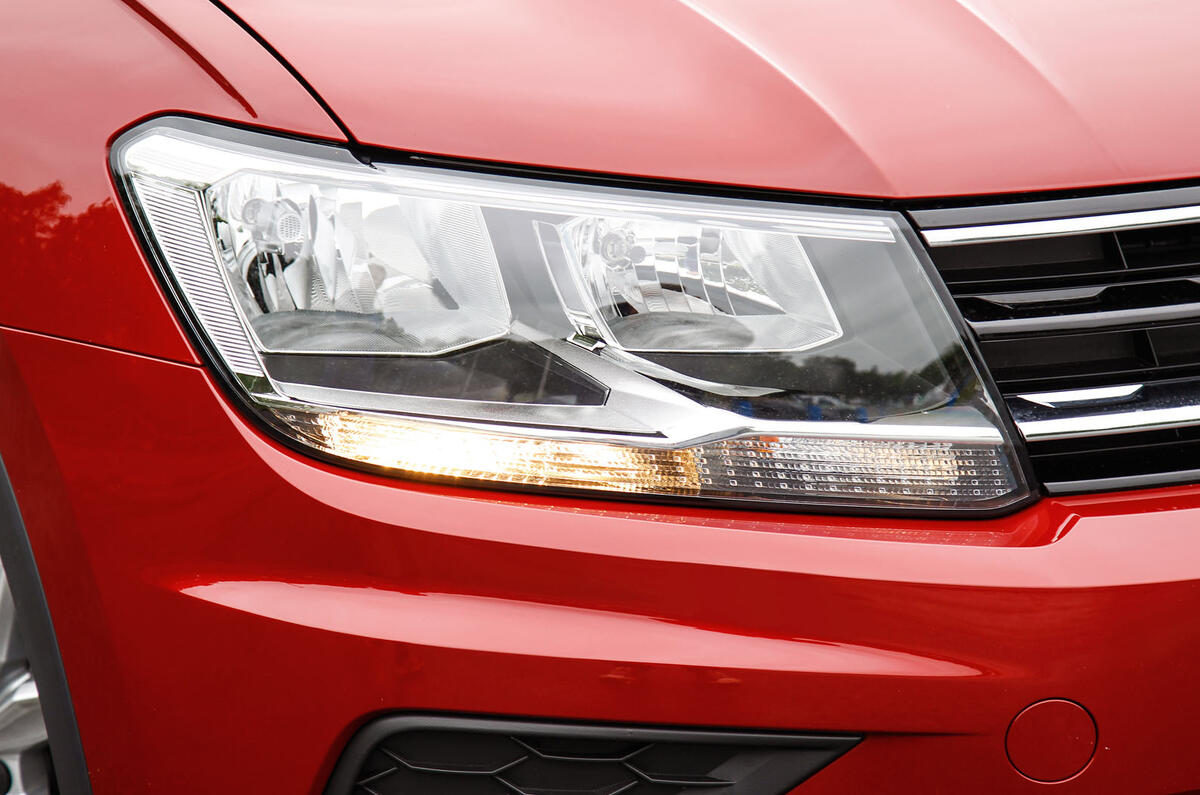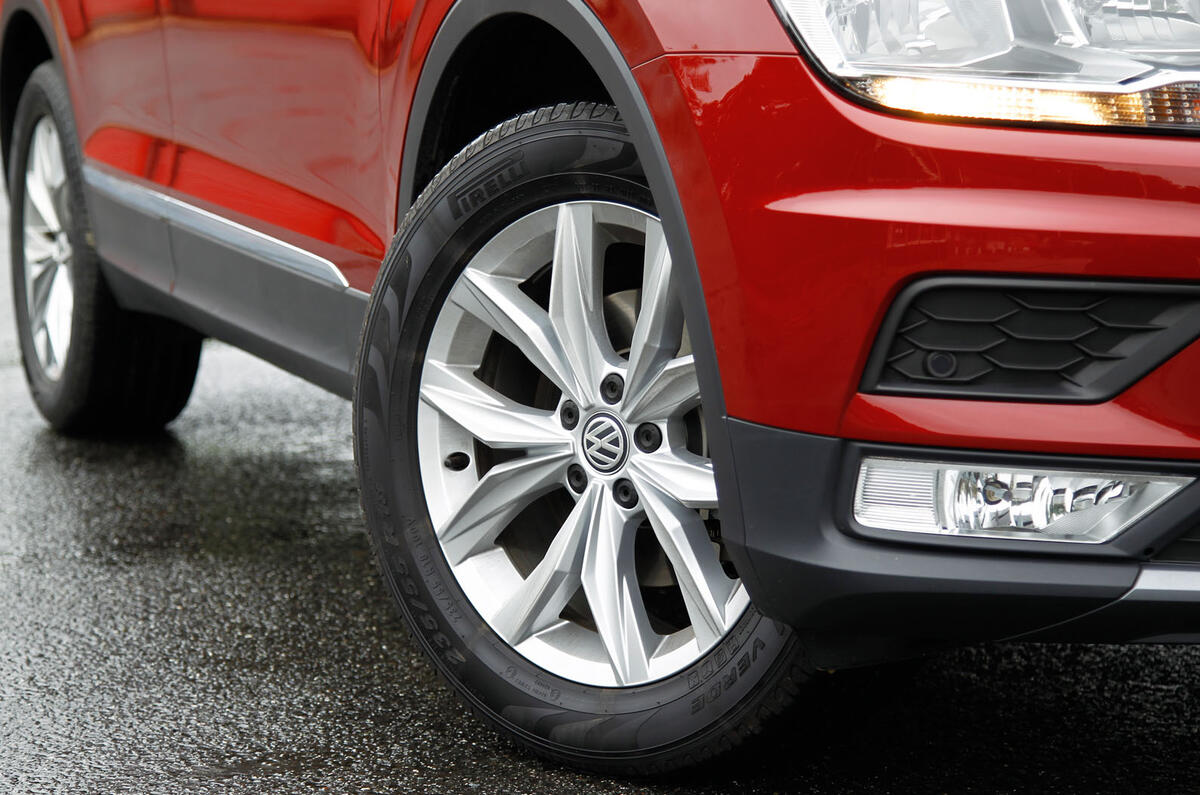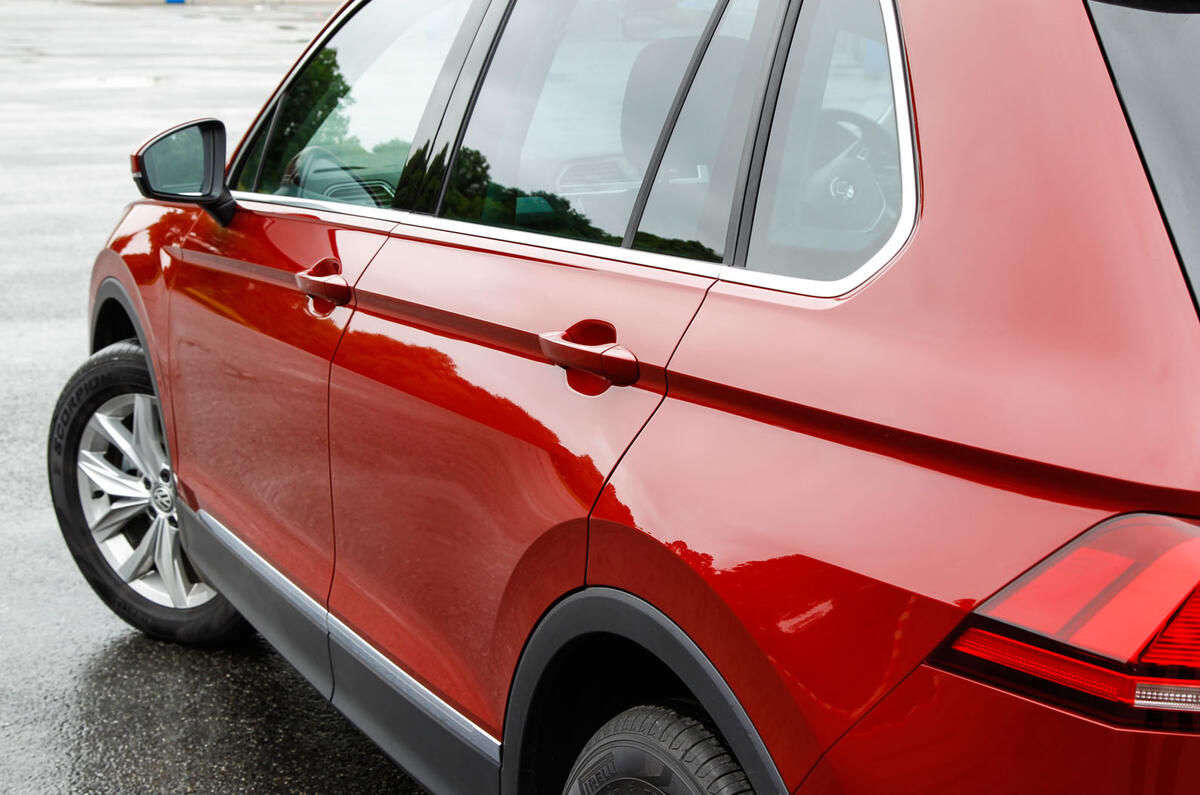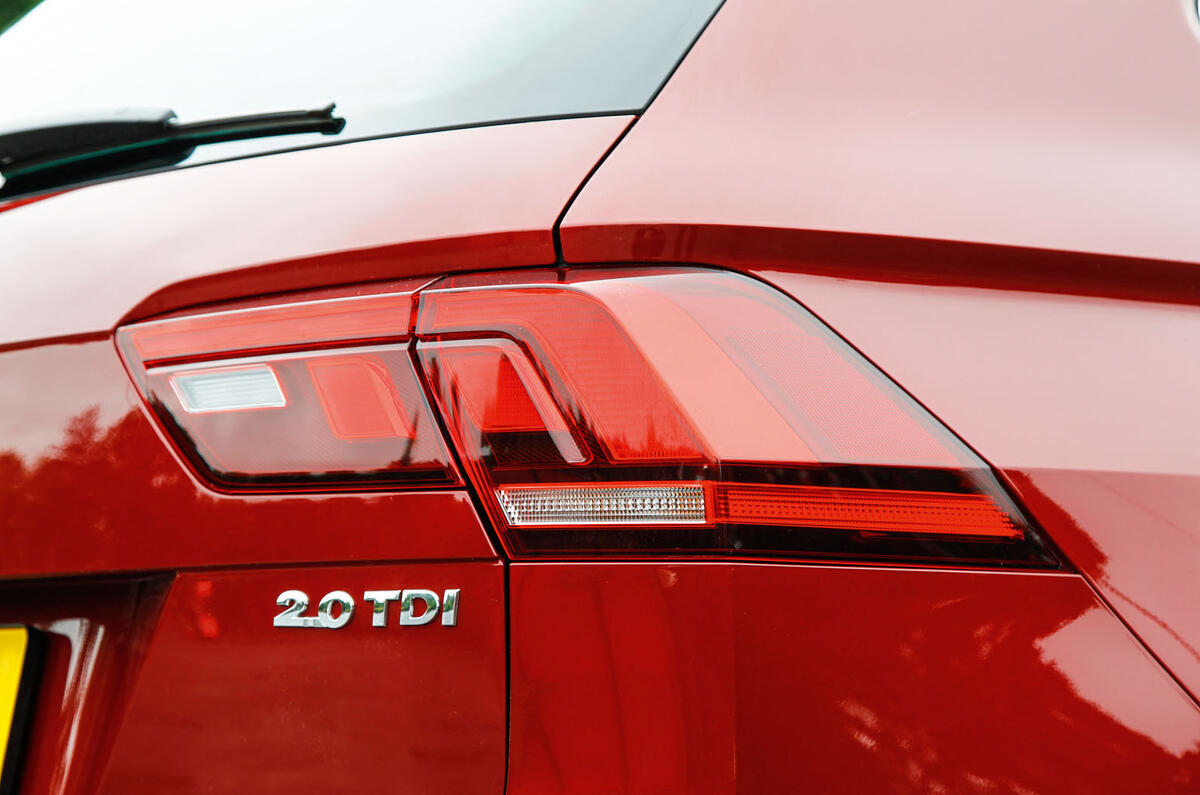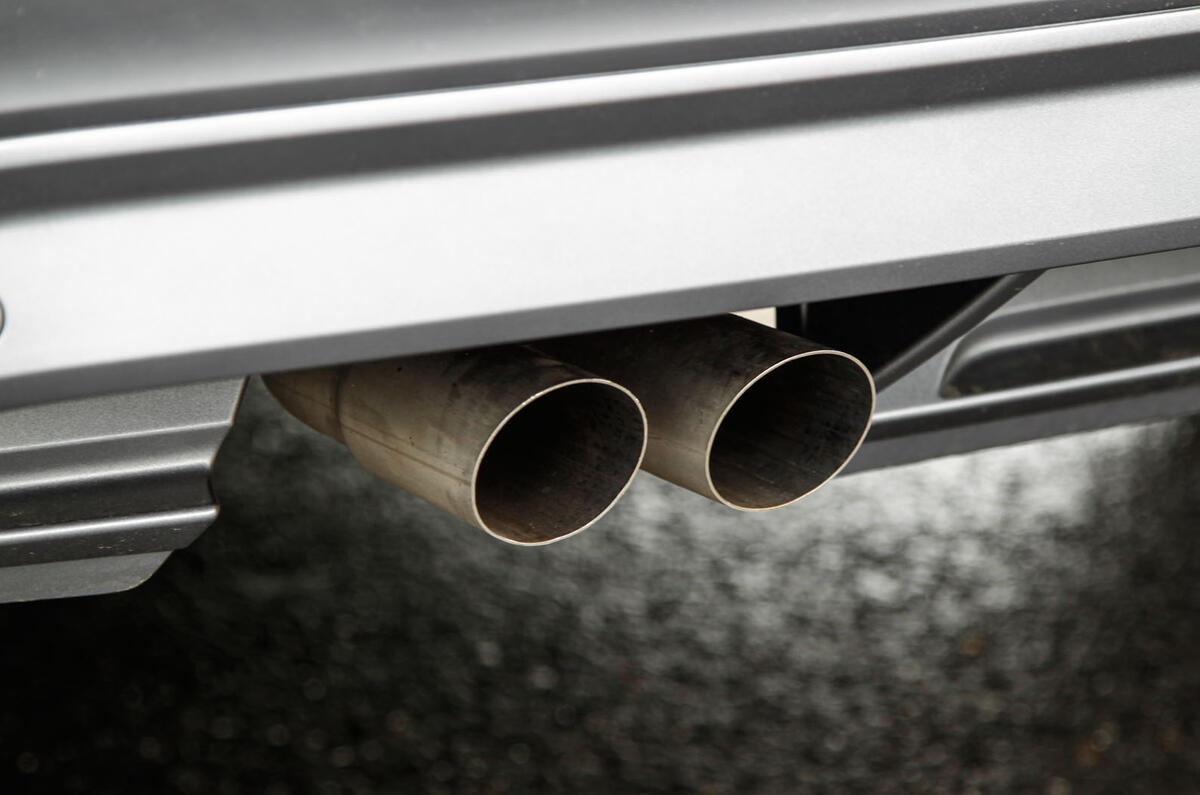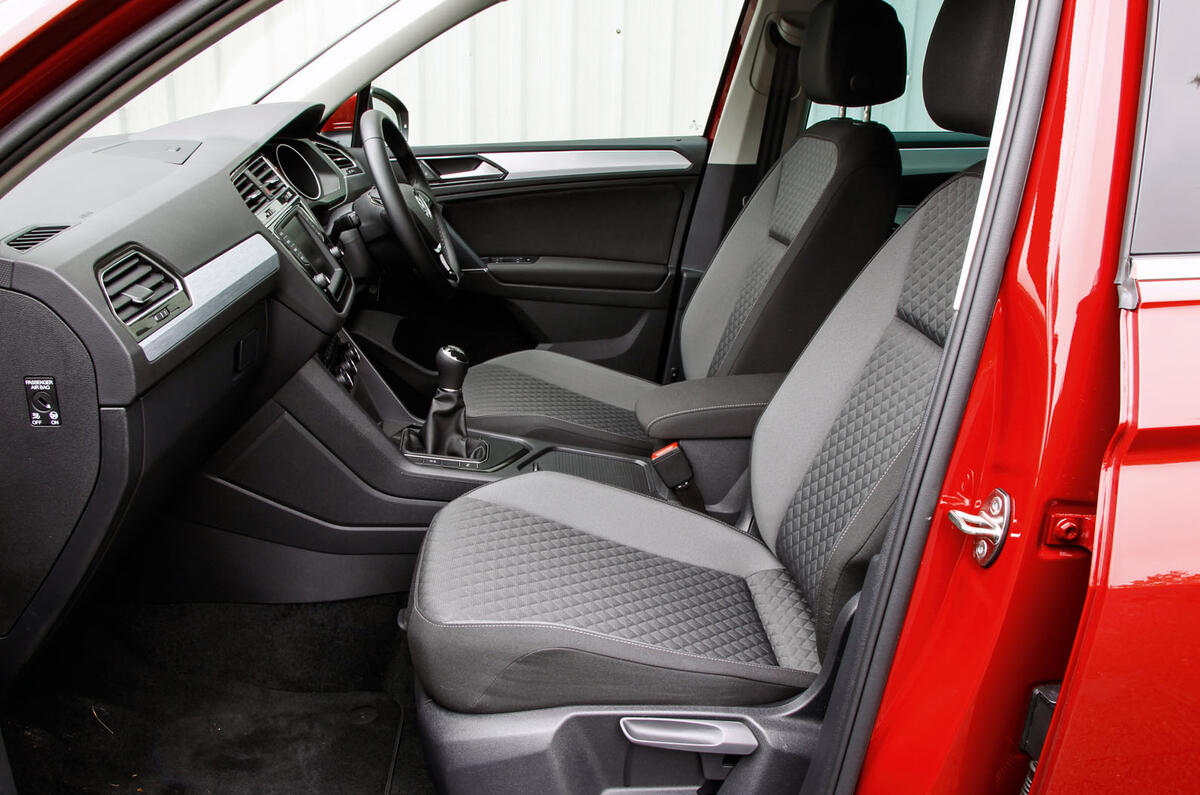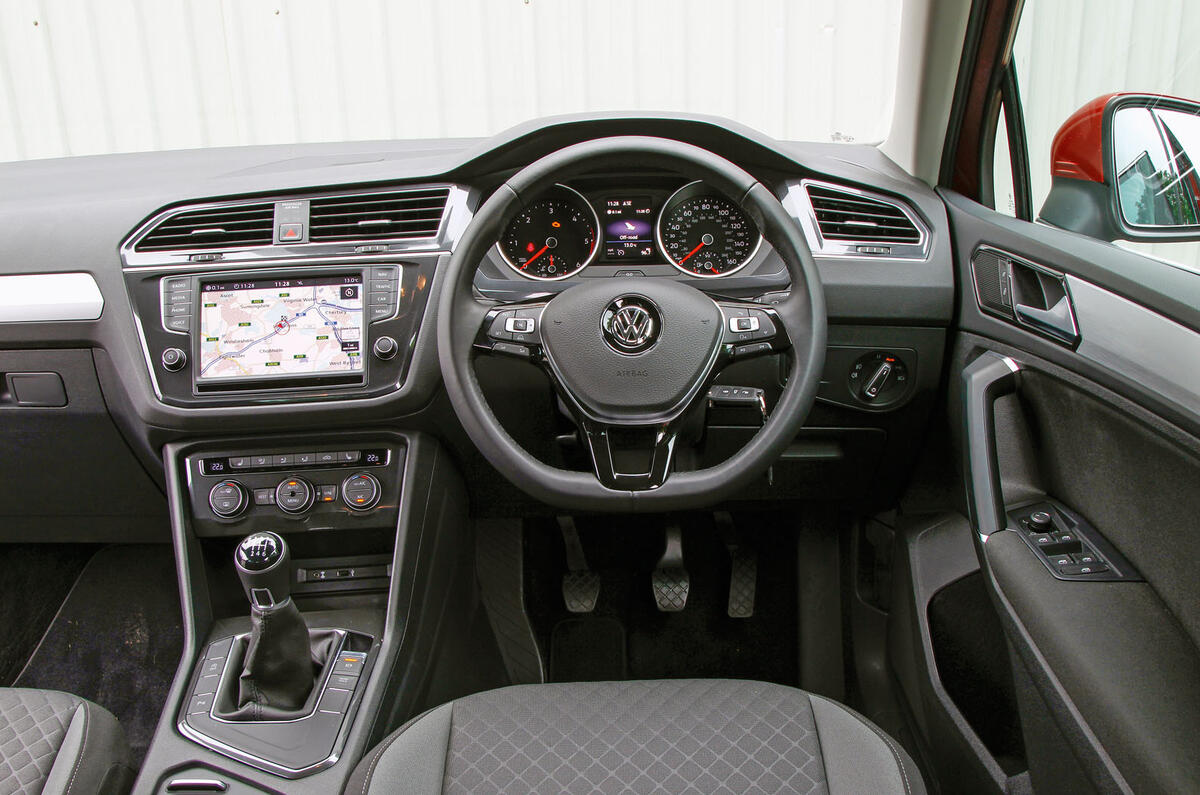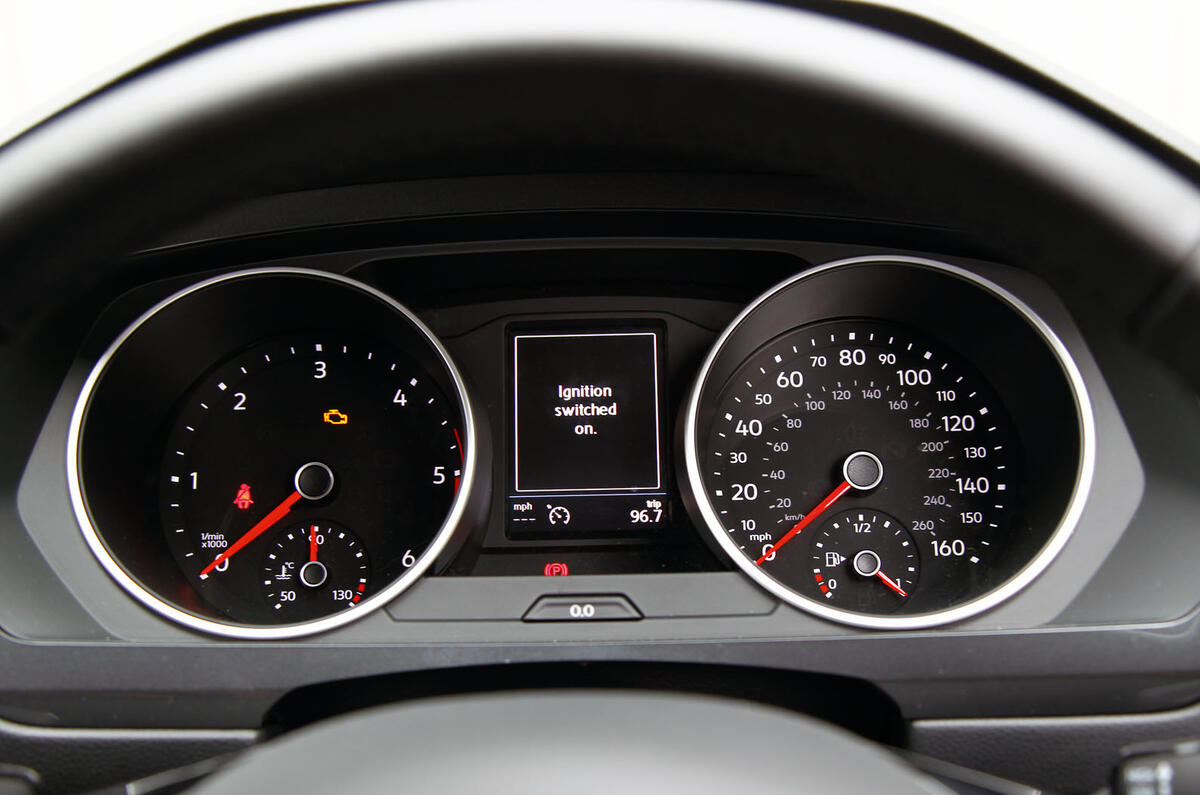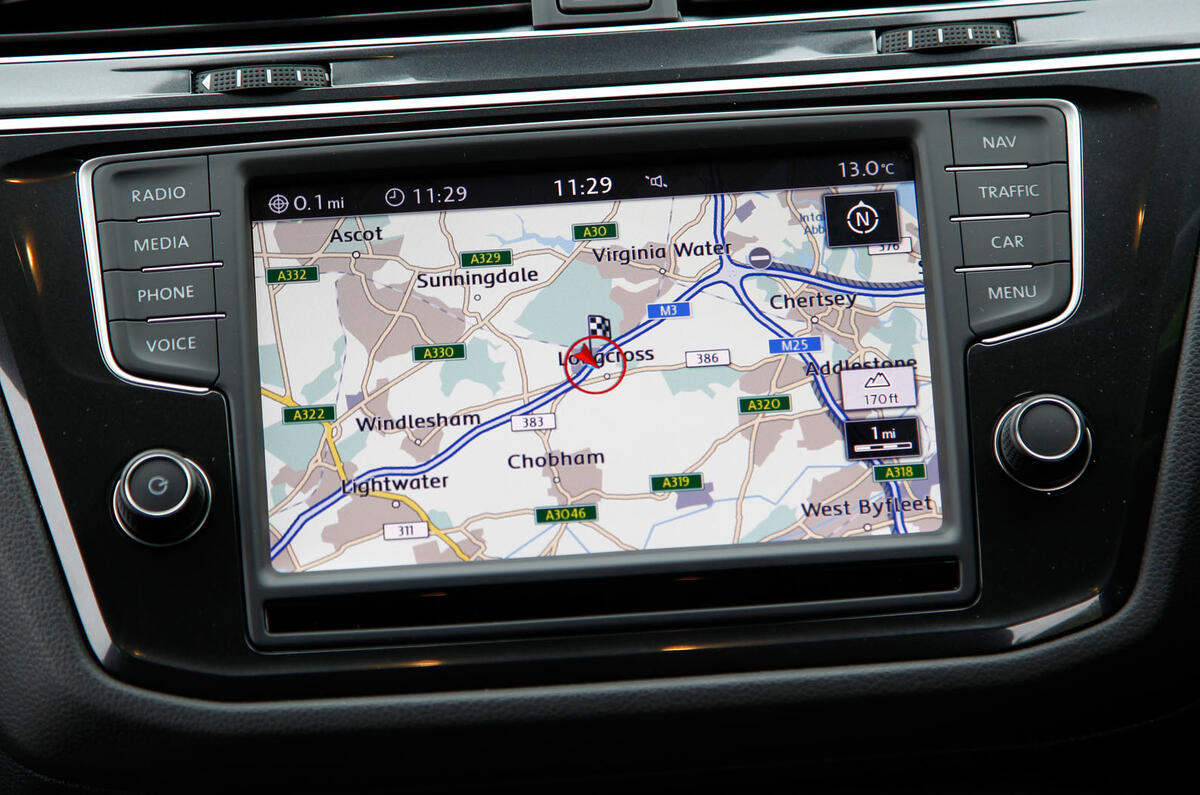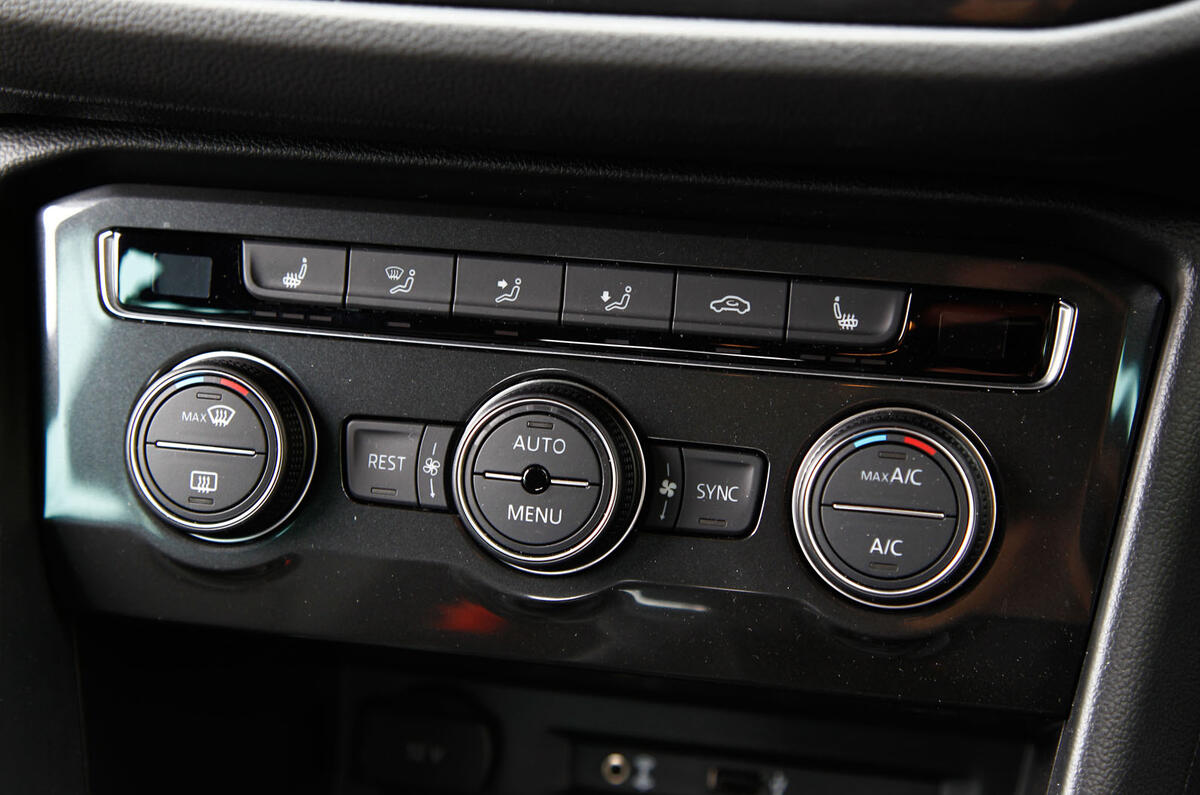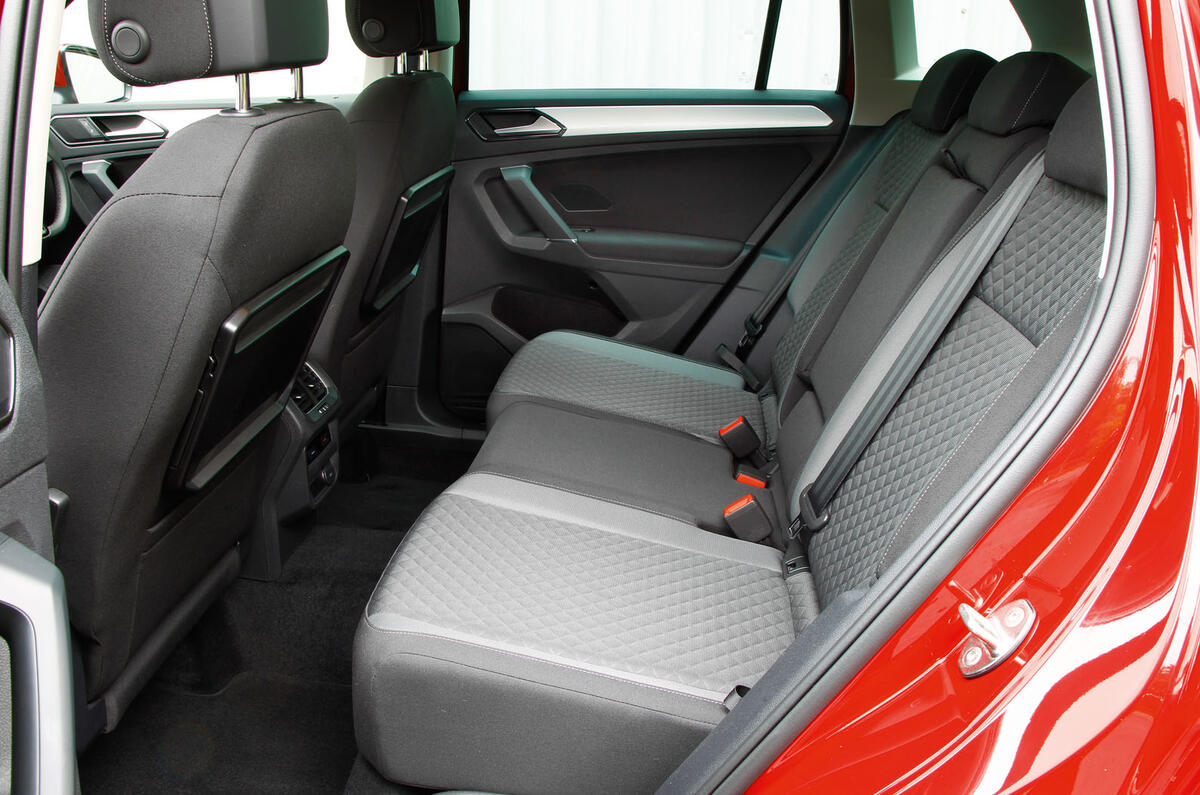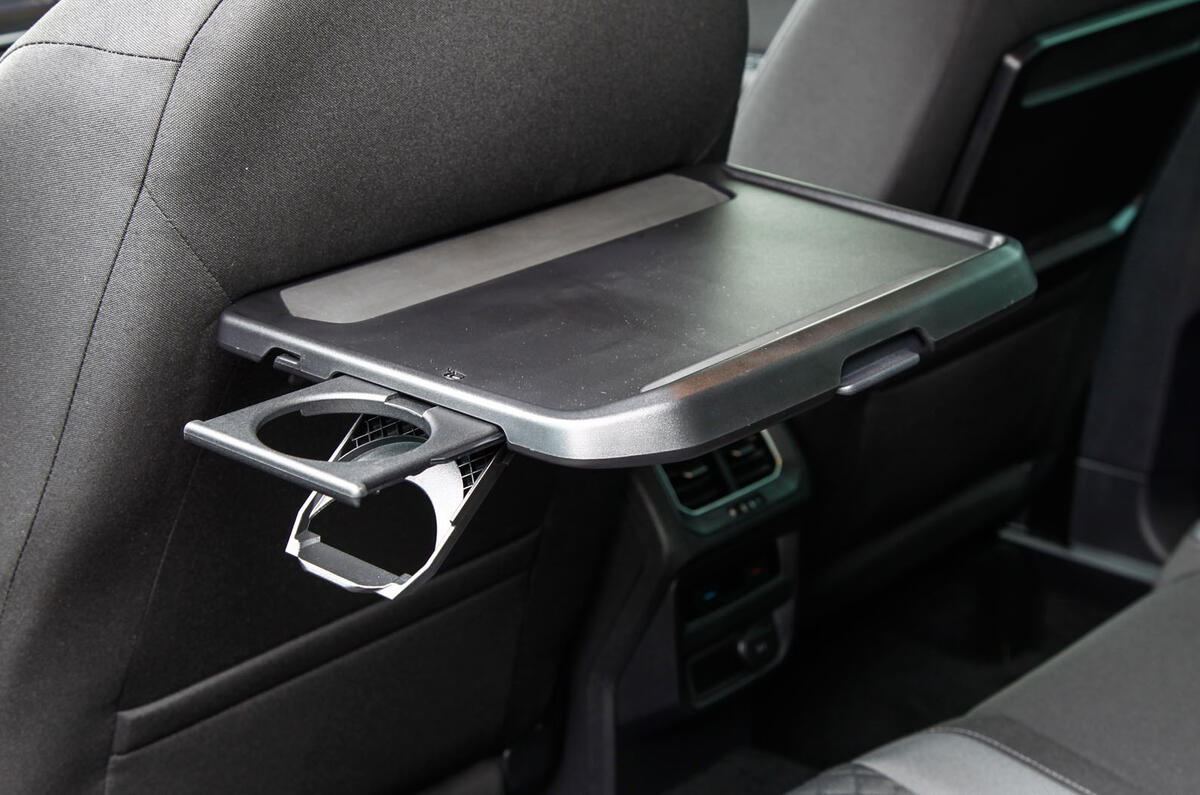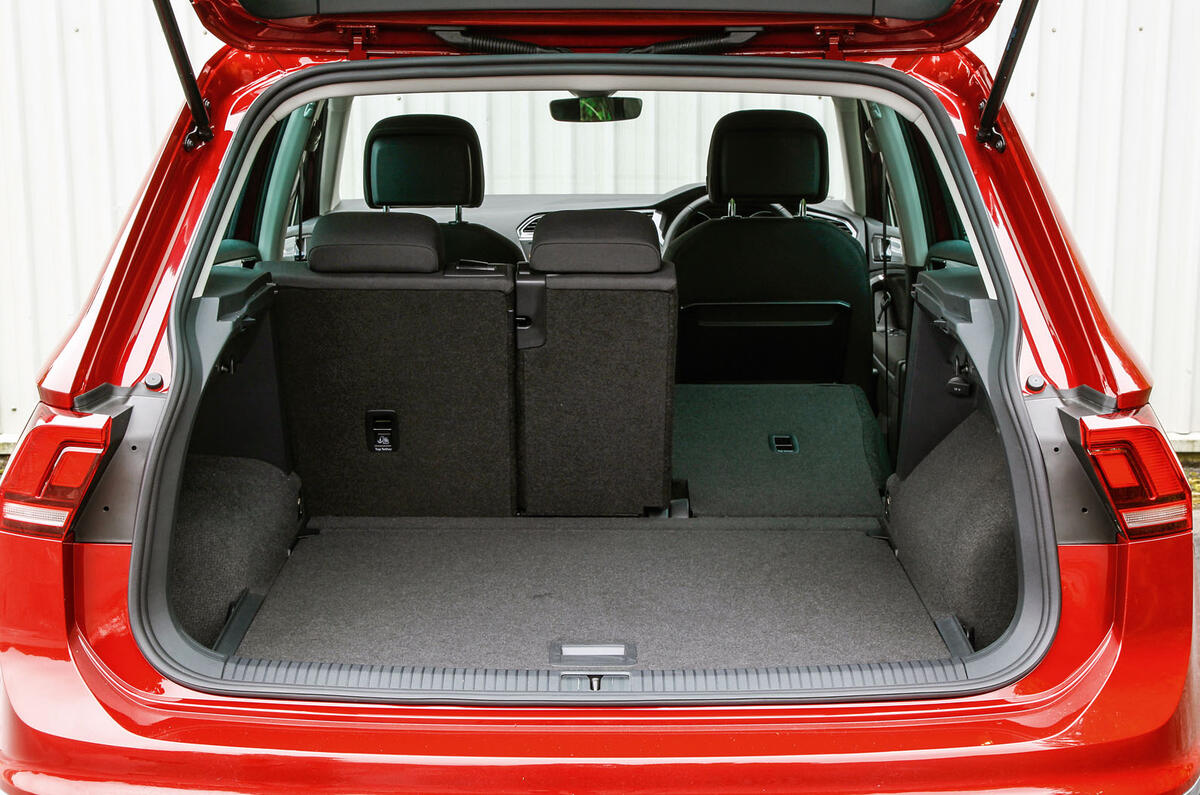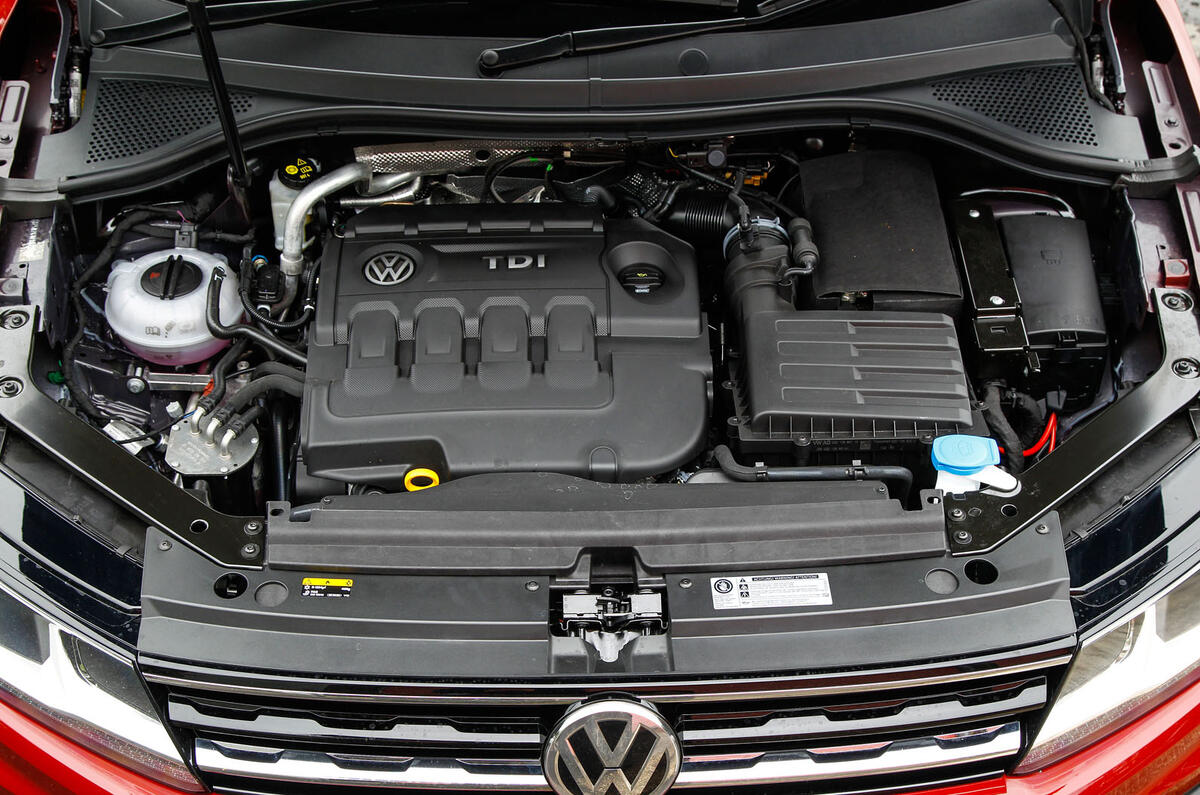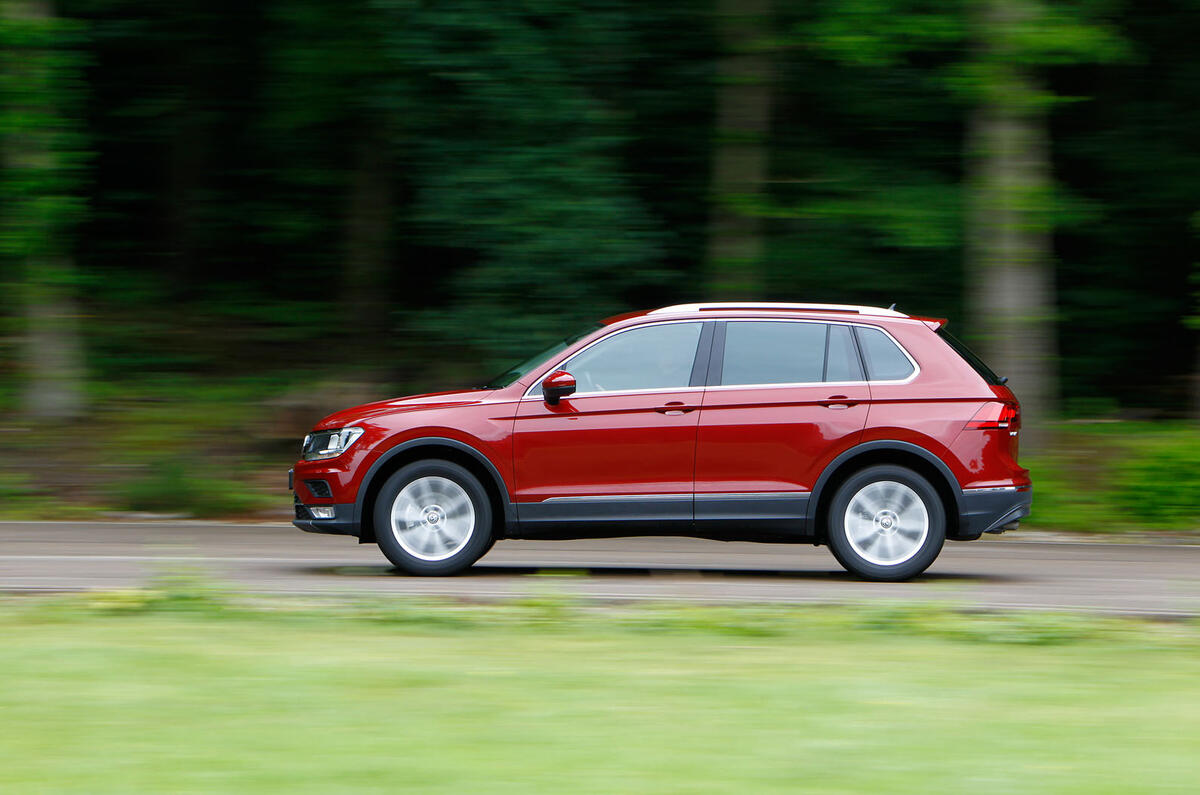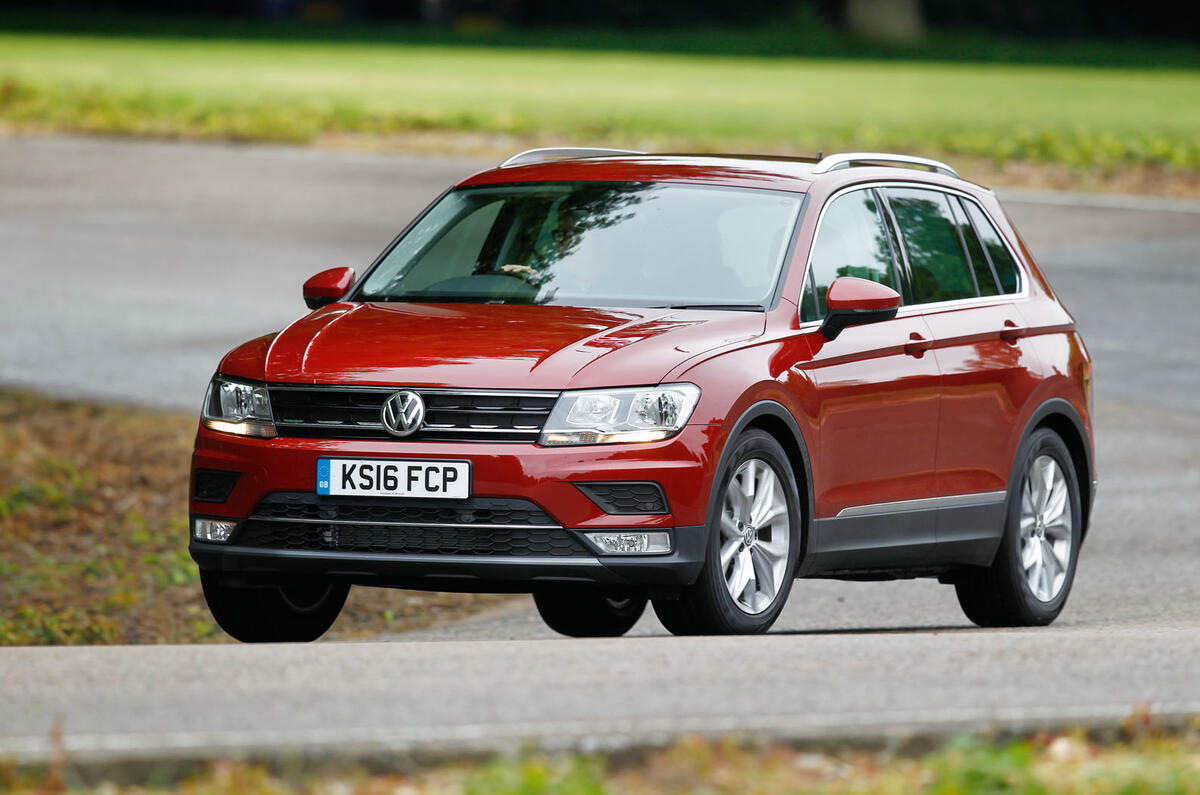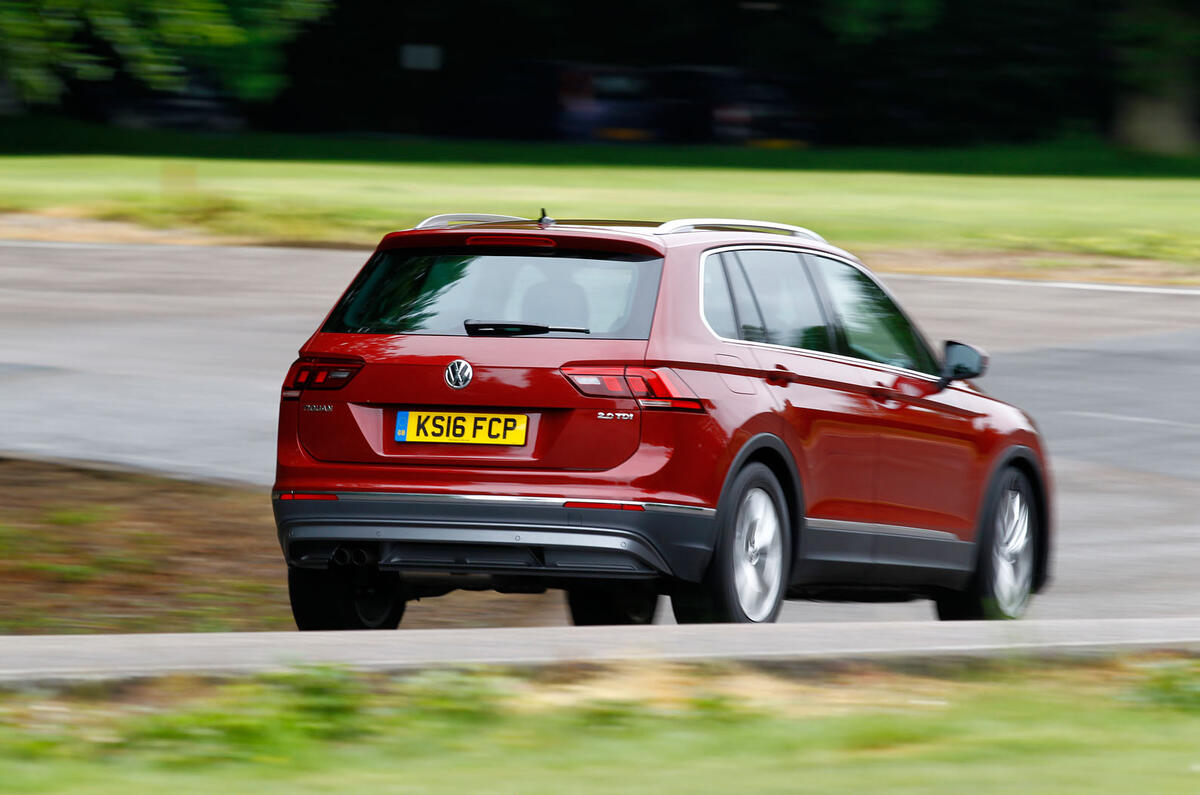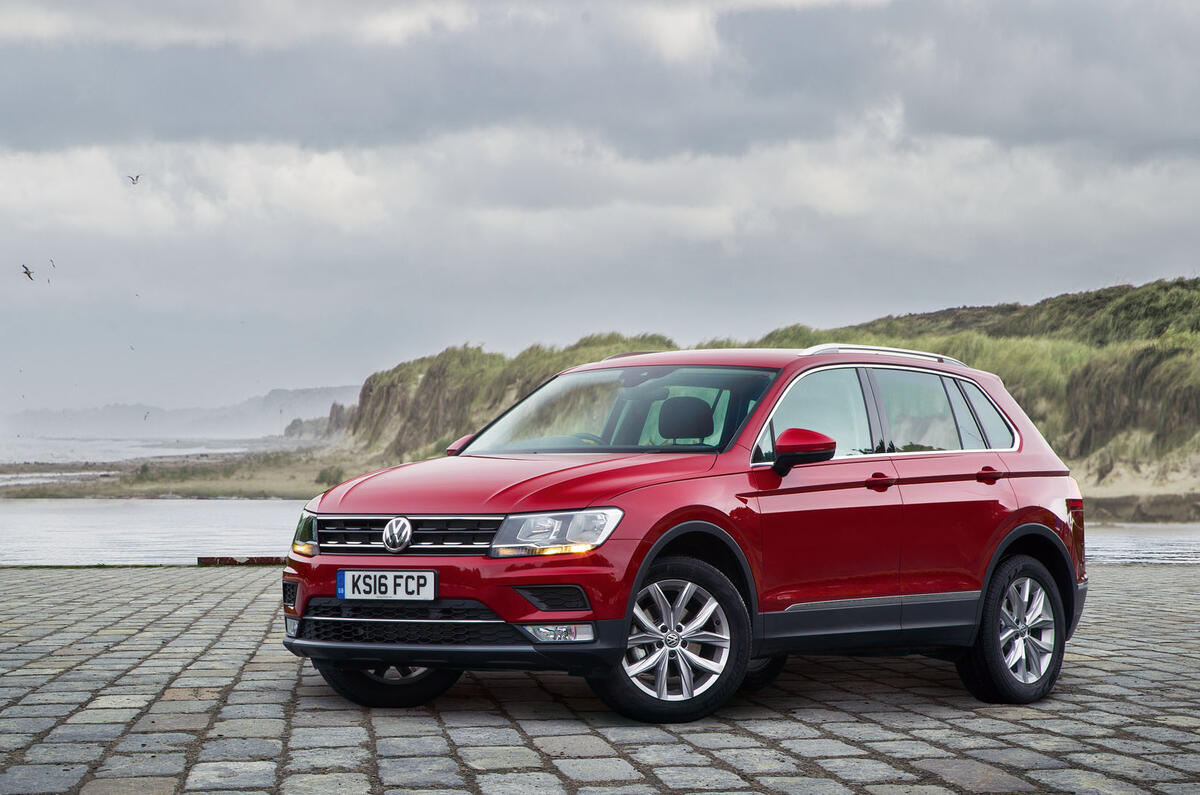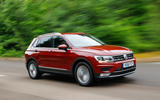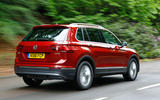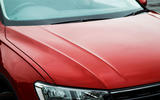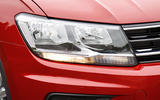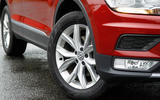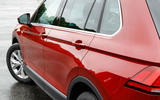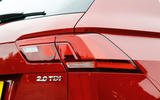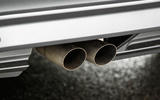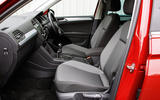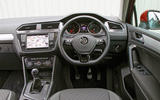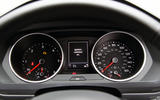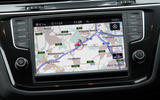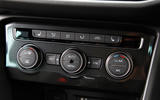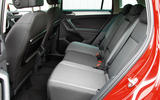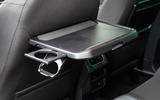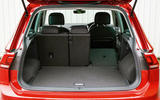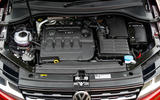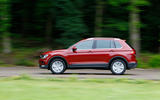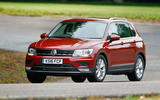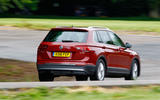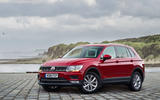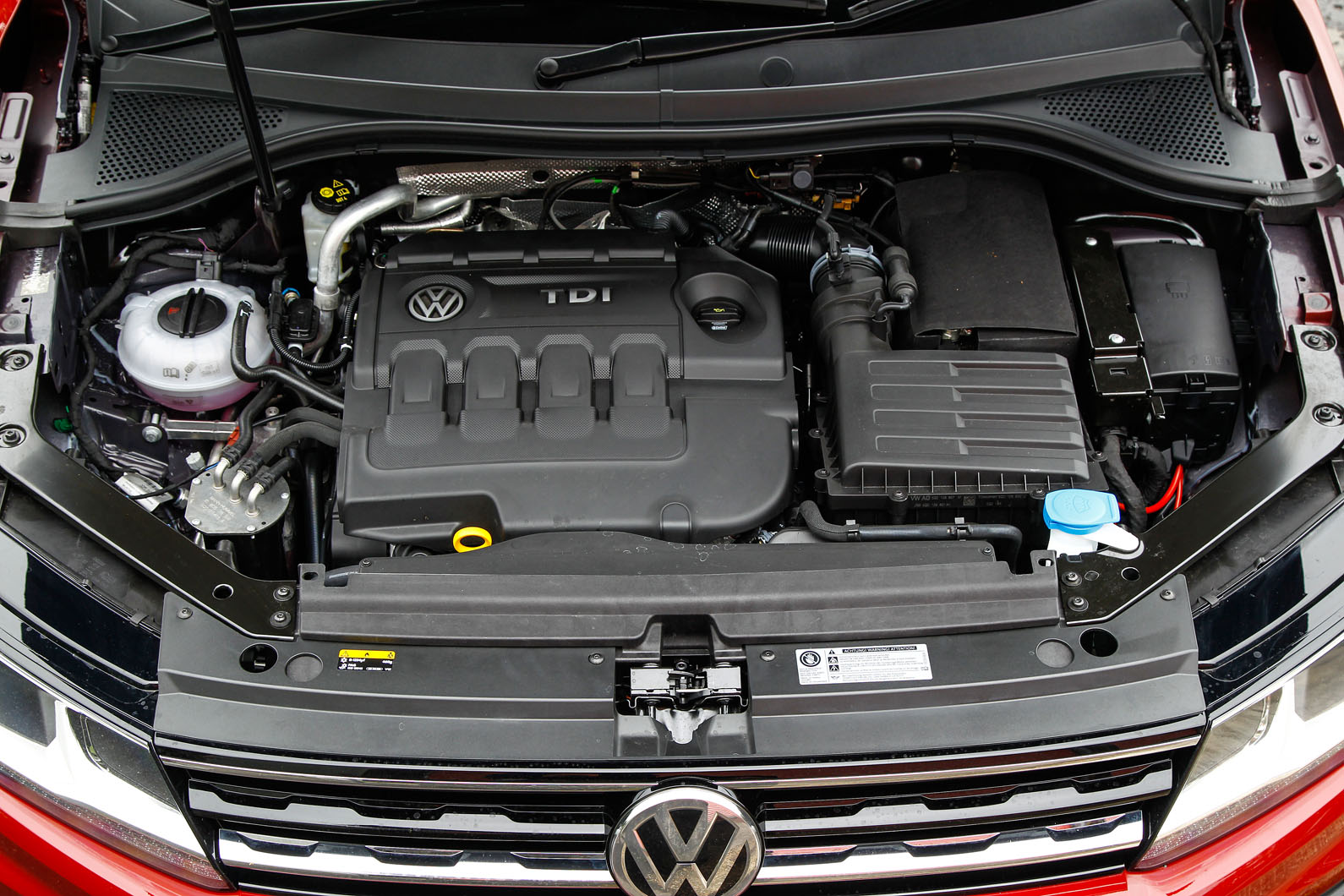The MQB platform was reportedly developed at a cost of £50 billion – an almost inconceivable outlay.
And, as you settle in behind the Tiguan’s steering wheel, you may question if it was money well spent for one quite obvious reason: the cabin looks quite a lot like that of a Volkswagen Golf.
Having said that, we’d argue that the comparison does the Tiguan no harm, because the Golf is a richly, solidly appointed hatchback, and the Tiguan is similarly pleasant.
A bit predictable, yes, and not desperately special, but nonetheless nicely finished and carefully and logically laid out.
And it’s spacious – which is where the clever platform engineering really scores points. Despite having a lower roof than the old Tiguan, this new version seats you 8mm higher in each row, for more convenient entry and exit, and offers improved head room with a driving position that is quite perched but very comfortable.
VW quotes a big gain on second-row occupant space and a 615-litre boot (expandable to 1655 litres) that eclipses what you get in a BMW X1 or a Ford Kuga.
According to our tape measure, the Tiguan beats the X1 by a narrow margin on front-row head room and by a bigger one on second-row leg room (both cars get sliding rear seats).
The VW’s boot is wide and deep, with a false floor making for a flat loading lip when you need one. Standard 40/20/40 split folding back seats complete a practicality showing that will win the Tiguan a lot of fans and place it among the most usable and versatile cars in the class.
Our mid-spec test car didn’t quite dazzle with its instrumentation and guidance systems, but that doesn’t mean it couldn’t have, given the opportunity.
VW’s Active Info Display allows you to swap conventional instruments for a fully customisable digital binnacle like that which Audi uses, and you can have a head-up display to supplement it if you want. Surround-view cameras are also available to help with manoeuvring and parking.
Avoid entry-level S trim and your Tiguan will come well prepared for our gadget-obsessed lives. With SE trim, you get an 8.0in touchscreen Composition Media infotainment system with VW’s Car-Net and App-Connect smartphone mirroring systems that allow you to synchronise your phone via Apple CarPlay, Android Auto or MirrorLink.
Doing that will give you access to app-based navigation and music streaming systems direct from your phone — as well as to a CamConnect app that will stream live video to the infotainment screen from a Bluetooth-enabled GoPro mounted anywhere you choose.
If you want the best possible multimedia set-up, you’ll need the Discover Nav Pro system fitted and Volkswagen’s Media Control option ticked.
The latter allows you to connect a tablet PC via wi-fi and hand over control of the car’s infotainment functions to those in the back seats — should you want to.
The premium audio system is a 400W surround sound set-up from Dynaudio with a 10-channel amp.
Our test car didn’t have it, but the eight-speaker standard audio it did have sounded more than adequate.


